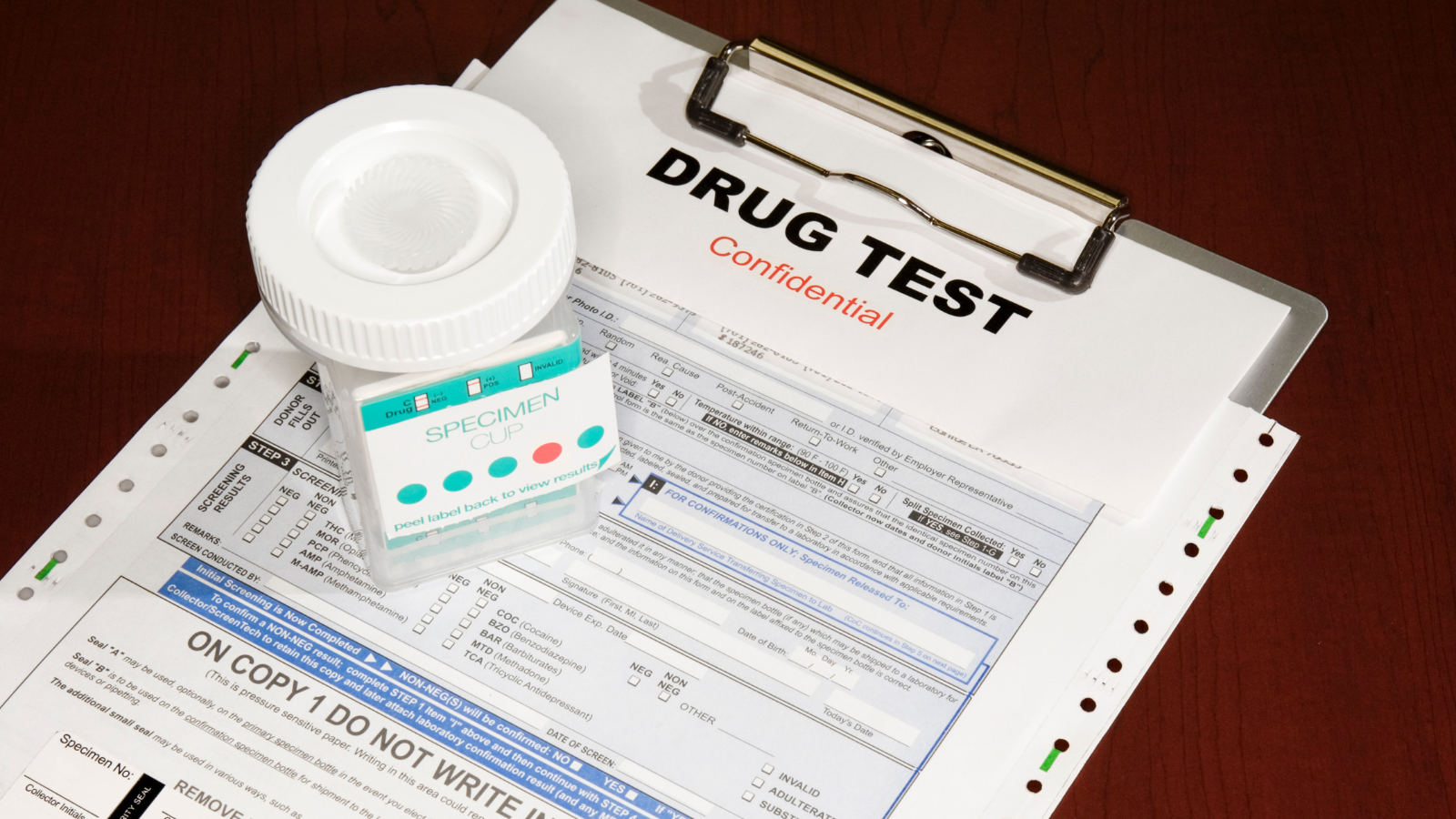Marijuana Legalization's Effects on the Trucking Industry
🌱 Marijuana Legalization's Effects on the Trucking Industry.
A recent report from the American Transportation Research Institute reveals that drivers and carriers are frustrated with the current limitations of drug testing, particularly the absence of a marijuana impairment test. Over half of the positive drug tests in the trucking industry are for marijuana metabolite, with more than 100,000 drivers being removed from duty between 2020 and 2022. The report emphasizes the need for federal research and data collection to better understand the effects of marijuana impairment on driving and suggests solutions such as developing a nationally recognized marijuana impairment test and standards, protecting carriers' choice to screen for marijuana, and gaining more knowledge about marijuana's impact on highway safety.
The marijuana supply chain faces unique challenges due to legal restrictions and state-specific regulations.
The overall positivity rate for drug tests in the U.S. workforce has reached a 20-year high due to the legalization of recreational marijuana in some states, according to Quest Diagnostics.
A recent report from the American Transportation Research Institute reveals that drivers and carriers are frustrated with the current limitations of drug testing, particularly the absence of a marijuana impairment test.
According to data from the federal Drug & Alcohol Clearinghouse, the number of truck drivers testing positive for marijuana increased by 9.2% in the first quarter of 2023.
New guidelines for federal workplace drug testing have been proposed, which may soon include hair testing.
Marijuana use can impair judgment, coordination, and reaction time, which can increase the risk of accidents and injuries.
Marking a 32% increase compared to 2021m a whopping 41,000 truck drivers tested positive for the substance, according to the Federal Motor Carrier Safety Administration’s Drug & Alcohol Clearinghouse.
The Owner-Operator Independent Drivers Association is making its opposition known against the Federal Motor Carrier Safety Administration’s Drug and Alcohol Clearinghouse’s proposition to accept hair testing results.
This isn’t the first time that the Trucking Alliance has made a push for the Federal Motor Carrier Safety Administration to introduce hair testing to the Drug and Alcohol Clearinghouse.
Urine drug tests have resulted in positive rates of increasing a relative 25% year over year. This growth signals a troubling statistic in the transportation and warehousing industry.











Ohio has become the 24th state to legalize recreational marijuana, following voter approval of Issue 2 in the November election.